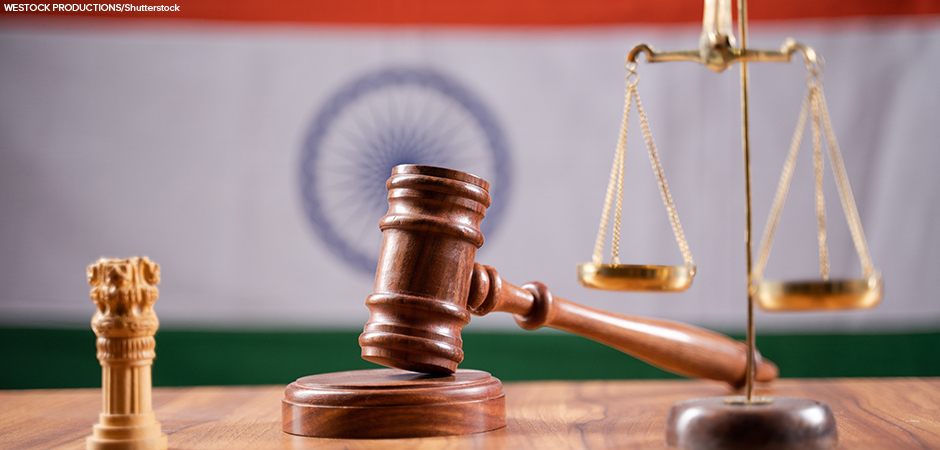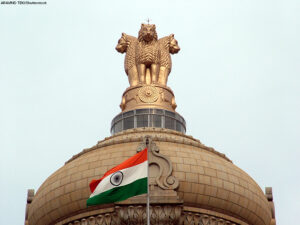
On Thursday, February 22, 2024, India’s highest court, the Supreme Court of India, changed how political parties can receive money for election campaigns. The court struck down a system called “electoral bonds” that allowed people and companies to give money to political parties anonymously, or without revealing who they were.
Electoral Bonds

The electoral bonds system was introduced in 2017 by Prime Minister Narendra Modi’s ruling party, the BJP. (BJP stands for Bharatiya Janata Party, or Indian People’s Party.) Before 2017, political parties had to reveal which group or individual gave them more than 20,000 rupees (about $240). But with electoral bonds, political parties only had to say how much money they received; they did not have to identify who donated it.
Electoral bonds were sold in different amounts, from 1,000 rupees (about $12) to 10 million rupees (about $120,000). Supporters argued that these bonds were effective because they stopped people from using cash for donations. Cash alone was seen as a problem as it can often come from illegal sources. But critics said the anonymous nature of this system was a significant problem. They argued that anonymous donations limited an Indian citizen’s ability to see who influenced their government. And even though donations were anonymous, India’s government-run central bank kept a list of names behind donations. Critics argued this gave the government too much control over those who donated money.
Unfair Advantage
The Supreme Court of India decided that the electoral bonds system was unfair because it kept the public from knowing important information about who was funding political parties. They also said it went against people’s right to know what the government was doing. The court ordered the State Bank of India, who issued these bonds, to stop. It also told the government to give details about who gave money through these bonds to the Election Commission of India.
The court’s decision is important because it was handed down just before a national election. Some people think this decision will hurt the BJP party, which has received most of these types of donations. Over the years, anonymous donors gave more than $1.9 billion to political parties through these bonds. About 57 percent of this money went to the BJP. The main opposition party, the Congress Party, only received about 10 percent. Importantly, bonds were only given to political parties that received at least 1 percent of the votes in a previous election. This meant smaller parties did not qualify to receive them.
